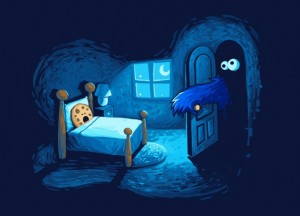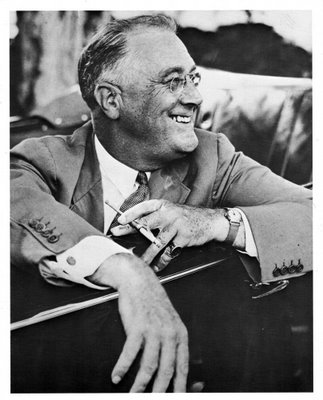My kid sister-in-law told me a friend of hers has admitted to some hefty demons. I won’t mention the person’s name (I don’t know her, actually), but I know where she’s been.
Mood music:
[spotify:track:5F6rwEF15hN1jnhNk2YQHn]
This is a little message for her friend, in the event she someday stumbles upon this blog:
Outing yourself is a hard thing to do. When I did it, I was terrified at first because I thought my mental struggles would be used to define who I was. It gave me an appreciation for what it must be like when a gay person comes out of the closet.
I felt weird around my family at first. Ill at ease might be the best way to describe the feeling. I’m sure they felt the same. That I had OCD and related addictive behavior didn’t surprise them much. As my sister-in-law will tell you, I’ve always had an abundance of strange behaviors.
The people I work with were most surprised. I guess I did a good job of fooling them back in the day. But they have never defined me or treated me differently over what I’ve opened up about. I get the same fair shake as everyone else.
Since people keep their demons hidden for fear of bad treatment at work, it was an eye opener for me when I got nothing but support for coming out with it.
After awhile, it’ll be like that with your friends. They’ll appreciate you more, and they’ll be grateful that you came clean. Some of them will learn from your example, even though they may not know they need it yet.
I understand one of your problems is compulsive lying. There’s no need to feel like a freak over this, because everyone with mental health struggles and addictions lies. I certainly have. Hell, I’ve never met a so-called normal person that hasn’t lied. It’s not something to be proud of or accept. Lies imprison us and make our troubles deeper. But when we can stop living the lie, there’s a new peace and freedom that’s very powerful and hard to describe.
When I decided to stop living lies, I felt 100 pounds lighter. Physical pains went away.
I understand you are looking at taking medication. I take Prozac and it works. But I’m convinced it works as well as it does because I went through years of hard therapy as well. That’s the most important thing you can do: Find the right therapist to talk to. Therapy will provide you with mental coping tools that will make you stronger. By that point, medication becomes the mop that wipes away the remaining baggage.
Things may get worse before they get better. When you start dealing with this stuff, you find yourself learning how to behave all over again. You will still go through periods of depression.
This is when any addictions you may have will tempt you. Fight it at all costs. I didn’t at first. I completely gave in to my addictive behavior and I paid dearly for it. Even if you don’t think you have an addiction, it might be worth considering a 12-Step Program. The tools you learn from that will help you cope with the mental struggles at the heart of your troubles.
Coming clean doesn’t mean you get to live happily ever after. But happily ever after has always been a bullshit myth. But you will have an easier time dealing with the tough times. That may not make sense right now. But it will.
Here’s the thing about one’s demons: When they hide in the dark, out of view, they own you. They’re too powerful to beat.
Opening the door and forcing the sunlight on them is hard as hell. But once you take that step — as you just did — the demons start to shrink. The light always kills demons. They turn to ash and you become a lot bigger than they ever were.
That’s what I’ve learned from my experiences, anyway.
Congratulations on taking that first step. I wish you the very best.
–Bill



 This book gets into the train wreck that was the DeFeo family. They were outwardly religious and close-knit. But the father was a rage-a-holic who apparently yelled a lot and beat his wife and kids, especially his oldest son Butch, who is now rotting in jail for the murders.
This book gets into the train wreck that was the DeFeo family. They were outwardly religious and close-knit. But the father was a rage-a-holic who apparently yelled a lot and beat his wife and kids, especially his oldest son Butch, who is now rotting in jail for the murders. It’s the whole cause-and-effect thing that keeps my obsession going.
It’s the whole cause-and-effect thing that keeps my obsession going.

 In private, however, he had a lot of pain. Polio had taken away his freedom of movement. He put on a good act in public, using a cane, leg braces and the arm of one of his sons to make it look like he was standing and walking without effort. The truth is that those were moments of blinding physical pain. But he kept the sunny disposition and it was just what people needed at the height of the Great Depression.
In private, however, he had a lot of pain. Polio had taken away his freedom of movement. He put on a good act in public, using a cane, leg braces and the arm of one of his sons to make it look like he was standing and walking without effort. The truth is that those were moments of blinding physical pain. But he kept the sunny disposition and it was just what people needed at the height of the Great Depression.